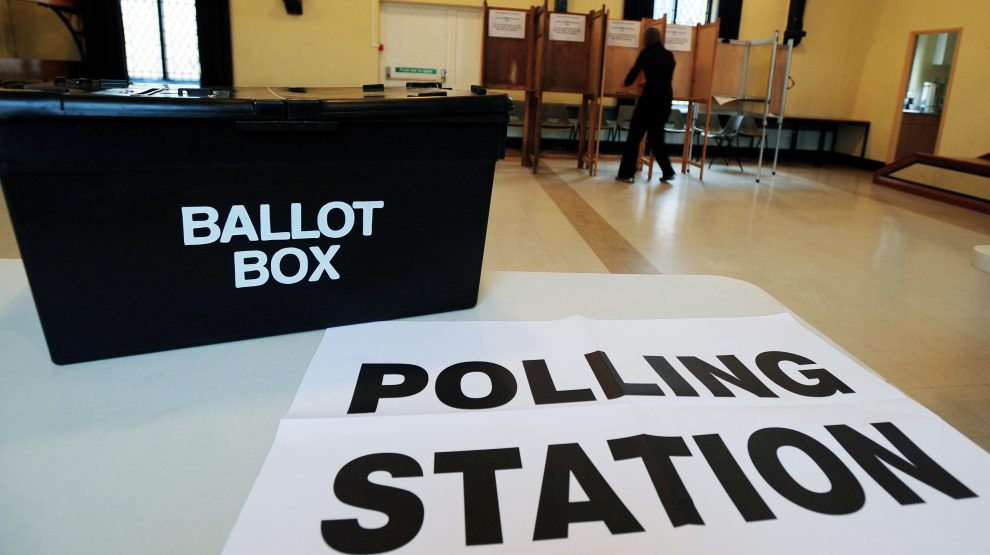ON MONDAY, the Conservative think-tank Onward published a report into generational voting patterns, policy priorities and political values.
The report considers why age has become the key dividing line in British politics, what has happened since the last general election, and what can be done to win over millions of younger people deserting the centre-right in considerable numbers.
The report follows a detailed 10,000 sample poll, conducted by Hanbury Strategy. It is the largest study of the generation gap since age became the key political dividing line in British politics.
Younger and older voters have always been politically different, but never by this much
In 2017, the gap between younger and older voters was 50 points larger than the post-war average since 1945 and five times higher than in 2010. It started, in 2015 before Brexit and Jeremy Corbyn became the leader of the Labour Party. This gap has grown, not narrowed, since the last General Election.
In 2017, “the tipping point age” – the median age at which a voter is more likely to vote Conservative than Labour – was 47 years old. The report establishes that, since the election, “the tipping point” has risen by 4 years to 51 years old.
The Conservative age curve is getting steeper. Among 18–24-year-olds, 14% said they would vote Conservative if there was an election today. 62% said they would vote Labour. 9% of this group said they would vote for the Liberal Democrats.
Among those over 65 years old, the opposite was true, 56% of respondents said they would vote Conservative, against 24% for Labour. The only groups with a net positive vote for Conservatives are 55–64s and voters over the age of 65.
Projecting the results of the survey forward to 2022 shows that the Conservatives face a wipeout in Wales.
If age continues to be a predictor of vote intention, the Conservatives are also in trouble in London. For example, Putney, which has a majority of just 3.3%, has 2.6 younger people for every older person. Other Conservative seats potentially affected by the demographic shift include the Cities of London and Westminster, Hendon, Chelsea and Fulham, and Uxbridge and South Ruislip (currently held by would-be PM Boris Johnson).
According to Onward, the dissonance between different age groups largely down to the Conservatives’ failure to win over younger voters. 28% of under-35s would consider voting Conservative, but fewer than 17% say they would do so if an election were held today. Onward says that this amounts to 3 million voters young Conservative considerers which could be won over but currently would not vote for the party.
Polling among the younger age group suggests that on some policies, the Conservatives could be knocking on an open door. 18-24s are most in favour (63%) of keeping more of their own money and paying less tax. However, they also favour making the economy fairer, not just bigger. Nearly two-thirds of people favour “reducing the gap between rich and poor” over “working to create faster economic growth”, with 18-24s most in favour (67%).
On immigration, there is net support for reducing immigration in every age bracket, within every ethnic group, and among Remain voters.
In terms of priorities, the environment is the third top issue for 18-24-year-old voters and younger voters.
Notably, immigration is of far lesser importance to younger voters than older ones, a reverse of the position on welfare benefits, about which older voters are far less exercised. All age groups regard the NHS and Brexit as the top two priorities.
A disconcerting gap is rising in the Conservatives’ appeal to female voters. Only 8% of 18-24-year-old women would vote Conservative today, which correlates heavily with pessimism: 56% of women think the next generation will be worse off than their own. Meanwhile, Asian voters (42%) are nearly as likely to consider voting Conservative as White voters (44%), but only half as many would do so today.

















